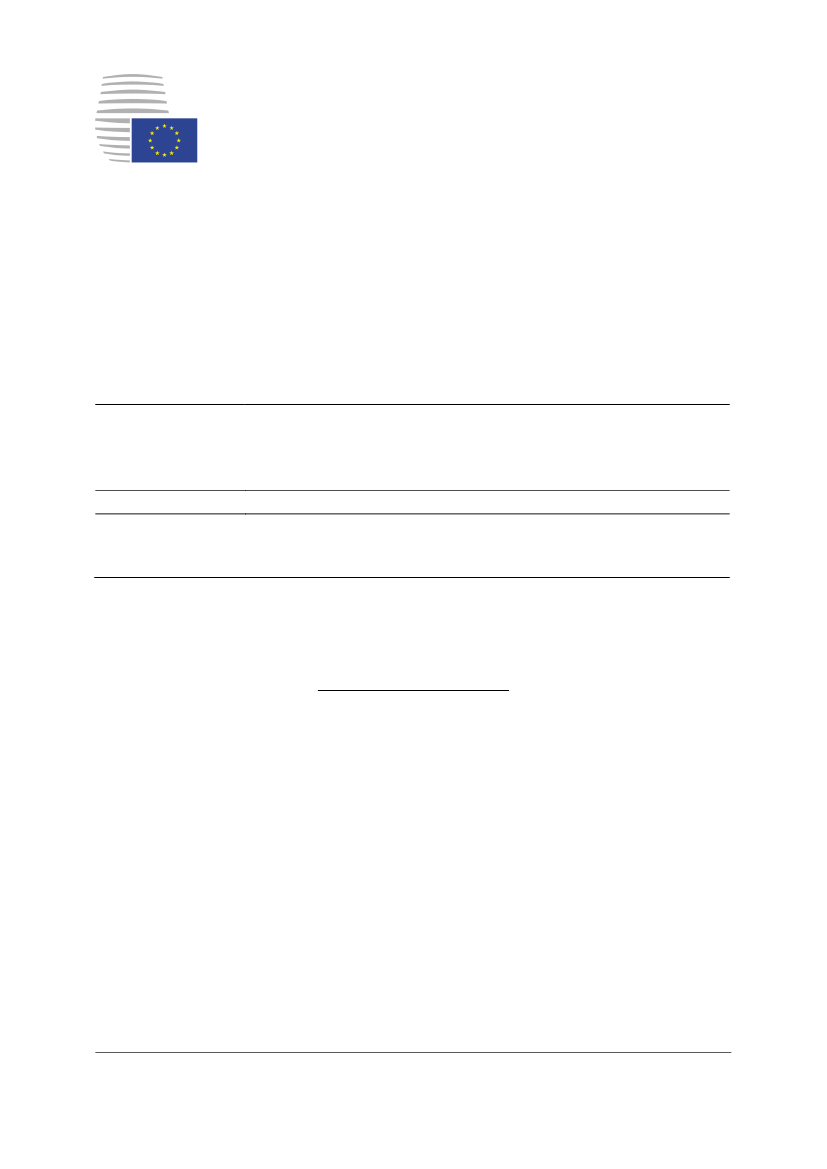
Council of the
European Union
Brussels, 17 June 2022
(OR. en)
10322/22
ELARG 47
COEST 466
COVER NOTE
From:
date of receipt:
To:
No. Cion doc.:
Subject:
Secretary-General of the European Commission, signed by Ms Martine
DEPREZ, Director
17 June 2022
General Secretariat of the Council
COM(2022) 406 final
COMMUNICATION FROM THE COMMISSION
Commission Opinion on the Republic of Moldova’s application for
membership of the European Union
Delegations will find attached document COM(2022) 406 final.
Encl.: COM(2022) 406 final
10322/22
RELEX.4
GL/sb
EN